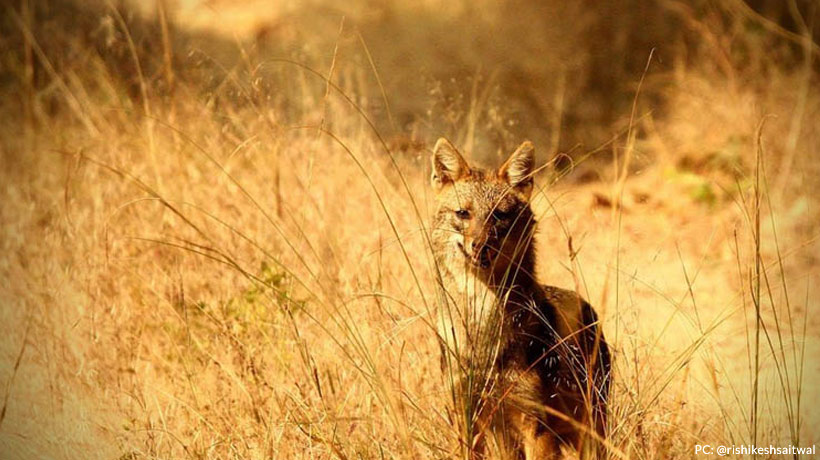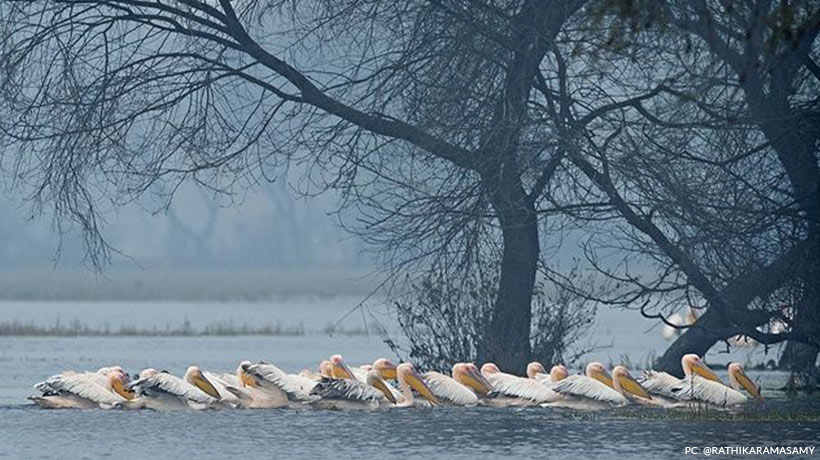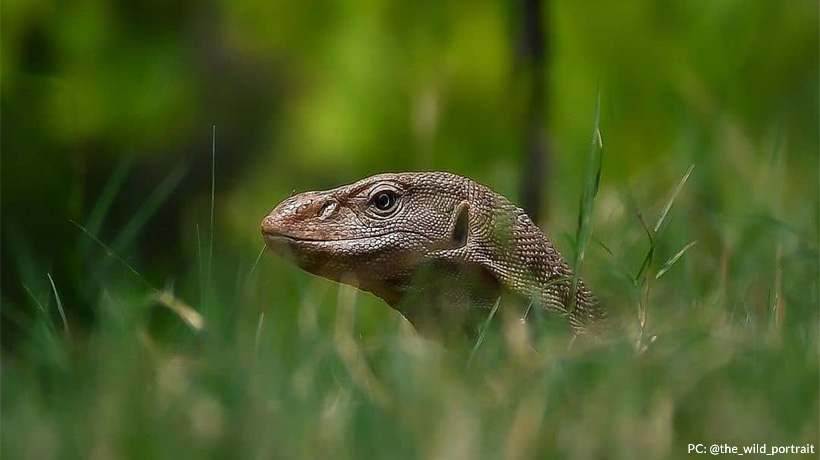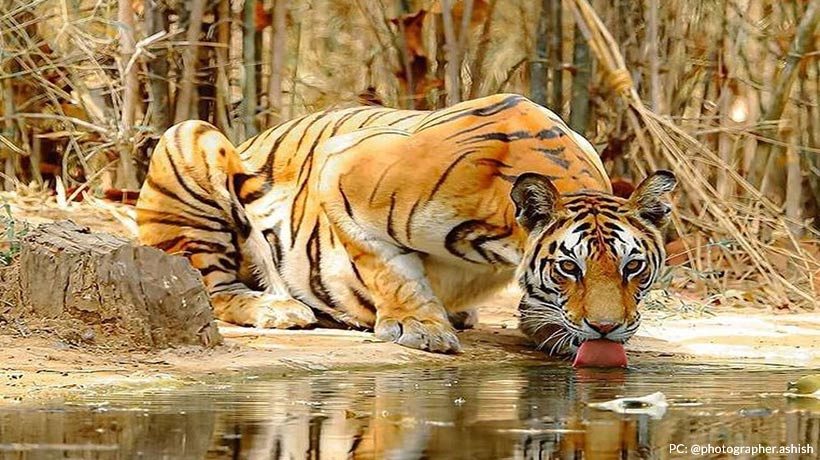Scientific name : Canis aureus
IUCN status : Least Concerned (LC)
Golden jackal is one of the most widespread canid species in the Indian subcontinent. It is widely distributed in many countries of South Asia, Central Asia and Western Asia. It is distinguished from the Grey Wolf by it’s elongated torso; a Jackal is very smaller in size and lighter in weight as compared to the grey wolf. As the name suggests, they have Golden shaded fur and hence, they are called as Golden Jackals. You can see these golden jackals right from the Himalayan foothills, down to the Western ghats.
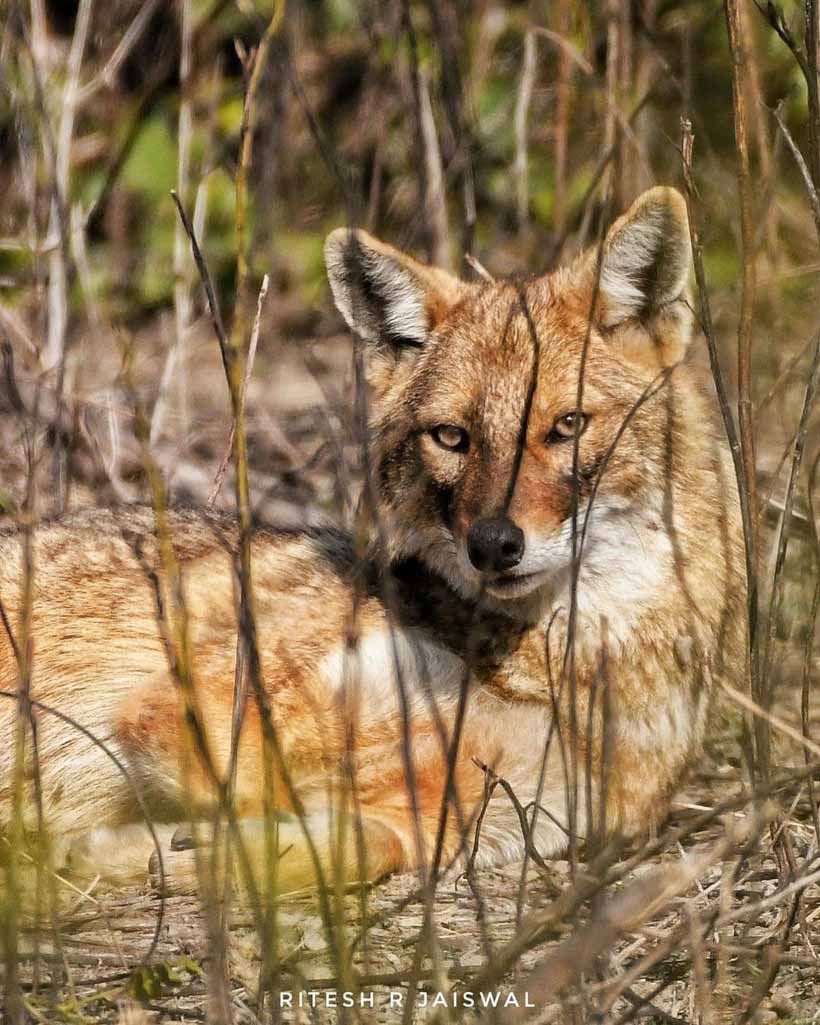
DIET OF GOLDEN JACKALS :
Jackals are omnivorous, and they eat a large variety of foods. Their herbivorous diet consumes of seasonal fruits and their carnivorous diet consumes of small rodents, ground birds, hares, small infants of deer species and reptiles. They also scavenge upon the kills of lions, tigers, leopards, dholes and grey wolves. Hence, there goes a popular saying : “when a Tiger kills, Jackal benefits.”. They can also dig out Indian Gerbils from their burrows and feed on them. Their long legs and graceful bodies make an ease for them to forage large distances.
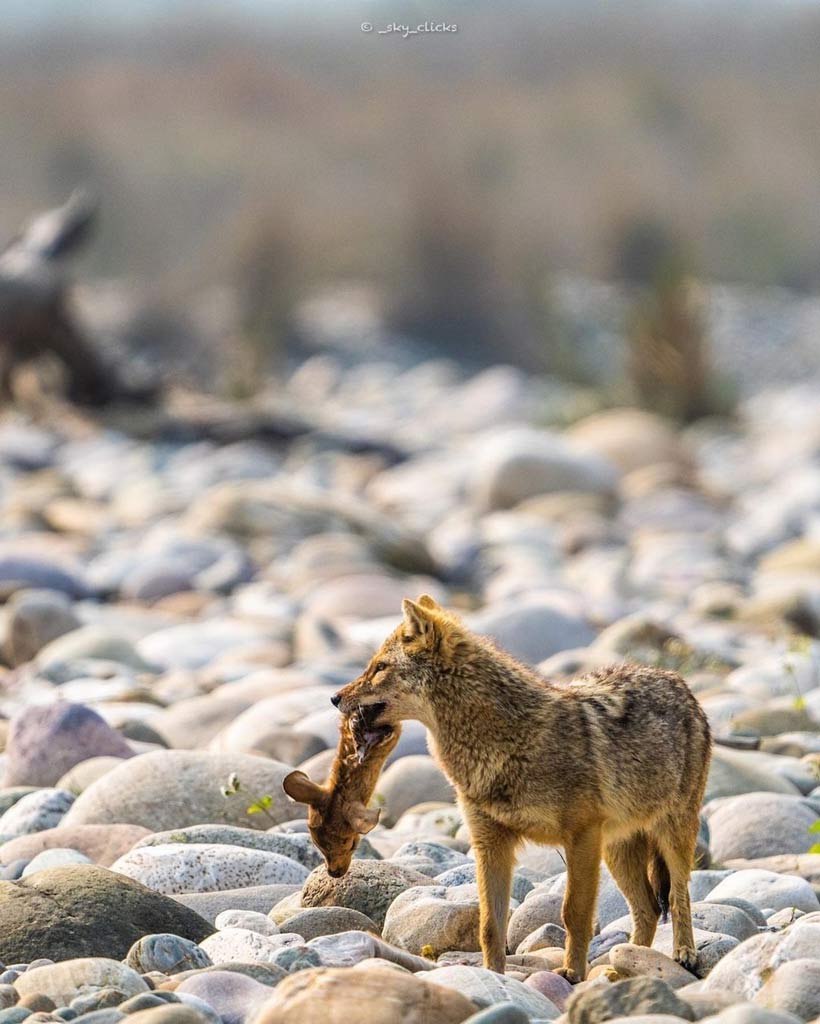
BEHAVIOUR :
Jackals are known for social interactions such as grooming, greeting and group howling. They generally howl between December to April which is breeding time for them. Jackals typically howl at dawn and in the evening. They also scent mark their territories through urination and defecation around their dens; most probably for defence. Like Indian grey wolves, jackals are monogamous too ! This means that they will spend their whole life with a single mate. Their breeding period is from February to march. Female jackals have only one breeding cycle per year and the mating period lasts up to 26-28 days. Gestation period is of 63 days and one litter produce 1-8 babies. They rarely dig their own dens as they take over and occupy the dens of Bengal foxes, porcupines and other small animals.
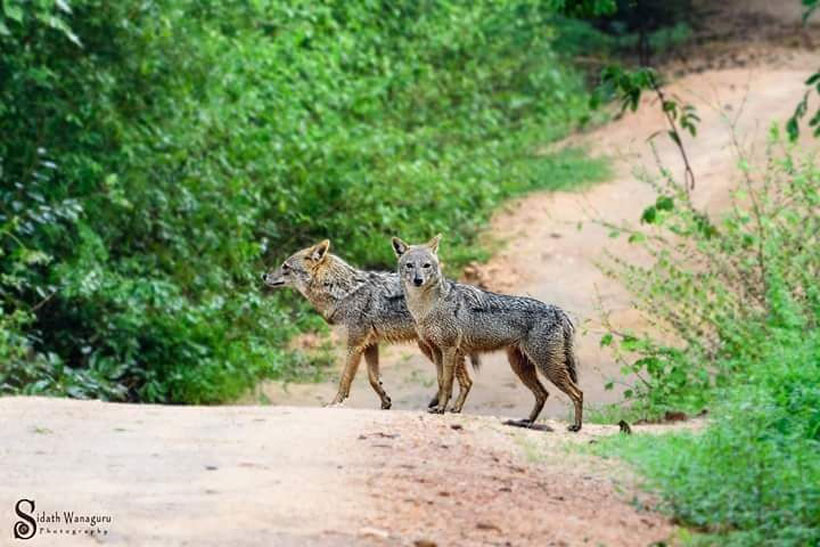
ECOLOGICAL IMPORTANCE :
Indian golden jackals are the key scavengers of their home range and hence they keep up the environment- sanitation by feeding on the carrions and sometimes even garbage. As it feeds on the small mammals and birds, it also assists the population control in the Ecosystem’s food chain.

